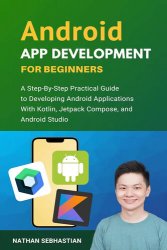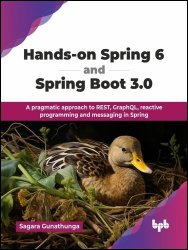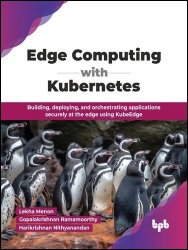 Название
Название: Edge Computing with Kubernetes: Building, deploying, and orchestrating applications securely at the edge using KubeEdge
Автор: Lekha Menon, Gopalakrishnan Ramamoorthy, Harikrishnan Nithyanandan
Издательство: BPB Publications
Год: 2025
Страниц: 324
Язык: английский
Формат: epub (true)
Размер: 10.1 MB
KubeEdge represents a dynamic evolution in edge computing, continually adapting to the growing demands of modern applications and the Internet of Things (IoT). The foresight of its founders has been instrumental in establishing a robust framework that not only extends Kubernetes capabilities but also fosters collaboration within the open-source community, ensuring that KubeEdge remains at the forefront of technological advancements in edge environments. This book covers containers, Kubernetes fundamentals, and KubeEdge's architecture, including CloudCore, EdgeCore, and DeviceTwin. Learn installation, configuration, and management, focusing on scalability, security, and resilience. Explore workload management, upgrades, observability, and automation with tools like Terraform and Ansible. The book also reviews industry alternatives, SIGs, and collaborations with CNCF projects. Finally, discover real-world applications in industries like manufacturing and retail, with insights into Sedna AI for edge analytics. Through practical examples, industry insights, and case studies, this book describes what is currently developed around KubeEdge and the functional and non-functional aspects surrounding it. This book is designed for IT professionals, software developers, and technical managers seeking to deepen their understanding of edge computing and KubeEdge.
 Название: Краткая энциклопедия домашнего хозяйства
Название: Краткая энциклопедия домашнего хозяйства

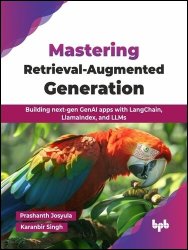
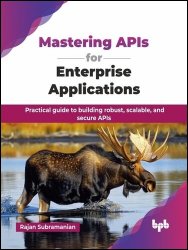
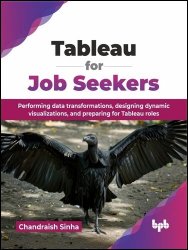
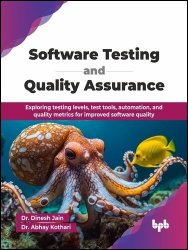
 Название: Fractional-Order Activation Functions for Neural Networks: Case Studies on Forecasting Wind Turbines’ Generated Power
Название: Fractional-Order Activation Functions for Neural Networks: Case Studies on Forecasting Wind Turbines’ Generated Power